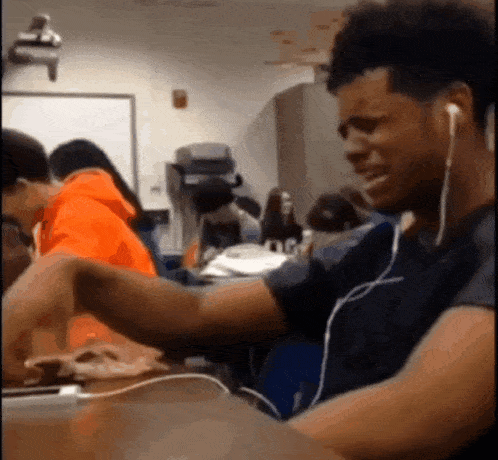Visit any Whole Foods Market and chances are you’ll run into (or find yourself waiting behind) some variation of a pastel-colored electric car. While it may appear that electric cars have sprouted up in the past two decades, their history can be traced way back to the early 1900s.
The first decade of the 20th century was considered a “golden age” for electric vehicles. According to the IEEE, nearly 28 percent of the 4,192 cars produced in the United States in 1900 were electric. In 1910, Thomas Edison even declared that “in 15 years, more electricity will be sold for electric vehicles than for light.” While he may have been off by just little, his prediction is understandable given the obsession with electric cars during the early 1900s.
The Baker Motor Vehicle Company was a large manufacturer of electric cars out of Cleveland from 1899 to 1914. Unlike the cars of the day, Baker cars had no gasoline smell, needed no cranking, drove silently, much like today’s hybrid vehicles, and were primarily maintenance-free. Therefore, they were chiefly marketed toward women—and even came with makeup kits inside. What a deal!
But what happened to this awesome car, and electric cars in general? As gas-powered cars became easier to operate with the invention of the electric starter, and the noise became more tolerable thanks to the newly introduced muffler by Hiram Percy Maxim, electric cars were reserved almost exclusively for the wealthy. On top of that, improved road infrastructure required cars with a greater range than electric cars, and the discovery of large amounts of oil allowed gas-powered cars to be sold even more cheaply. Henry Ford changed the game yet again with the mass production of gasoline-operated cars, and by 1912, an electric car sold for almost double the price of a gasoline car.
Although these early electric cars reflect a bygone era, their ingenuity and environmental friendliness foreshadowed a trend that would emerge almost a century later, in 1999, with the introduction of electric and hybrid cars by GM and Toyota. Maybe if we’d figured out how to mass-produce electric cars back then, our planet wouldn’t be decaying from global warming? Just a thought.

















 Revenge can feel easier than forgiveness, which often brings sadness or anxiety.
Revenge can feel easier than forgiveness, which often brings sadness or anxiety. 
 In the past two years, two malaria vaccines have become available for babies starting at 5 months of age.
In the past two years, two malaria vaccines have become available for babies starting at 5 months of age. By exploiting vulnerabilities in the malaria parasite’s defense system, researchers hope to develop a treatment that blocks the parasite from entering cells.
By exploiting vulnerabilities in the malaria parasite’s defense system, researchers hope to develop a treatment that blocks the parasite from entering cells. Created with
Created with 
 Created with
Created with  Where to turn off autoplay in your account on Facebook’s website.Screen capture by The Conversation,
Where to turn off autoplay in your account on Facebook’s website.Screen capture by The Conversation, 

 A young teen cries while listening to music via
A young teen cries while listening to music via 
 A young couple waits in line at a coffee shopCanva
A young couple waits in line at a coffee shopCanva Gif of Eddie Murphy telling you to think
Gif of Eddie Murphy telling you to think